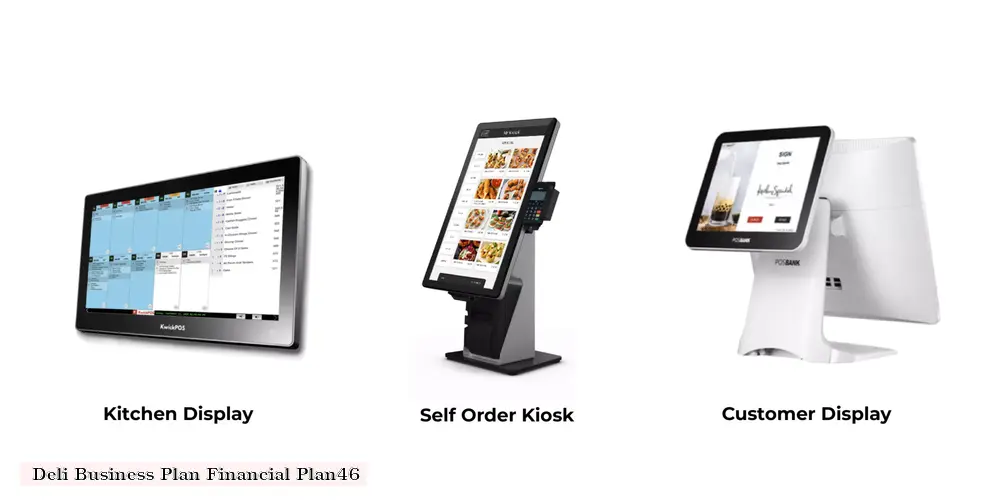

1. Determine Start-Up Costs:
2. Project Revenue:
3. Calculate Operating Expenses:
4. Set Profitability Goals:
5. Manage Cash Flow:
6. Secure Funding:
7. Monitor and Adjust:
Specific Considerations for Restaurant Businesses:
DISCLAIMER: This information is provided for general informational purposes only, and publication does not constitute an endorsement. Kwick365 does not warrant the accuracy or completeness of any information, text, graphics, links, or other items contained within this content. Kwick365 does not guarantee you will achieve any specific results if you follow any advice herein. It may be advisable for you to consult with a professional such as a lawyer, accountant, or business advisor for advice specific to your situation.
today
Copyright © 2025 Kwick365.com
Designed by KwickPOS is the best restaurant POS